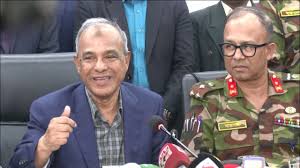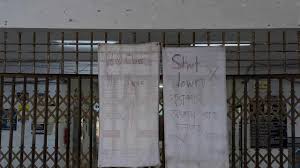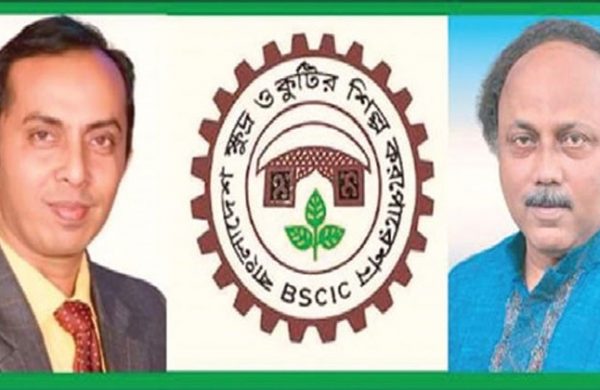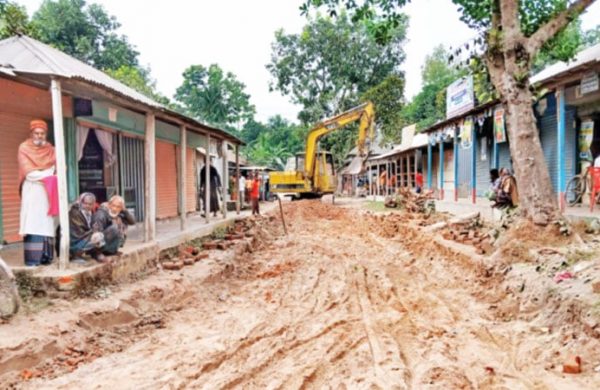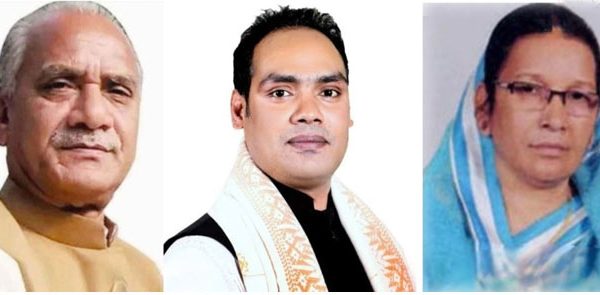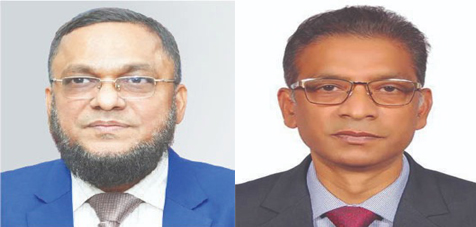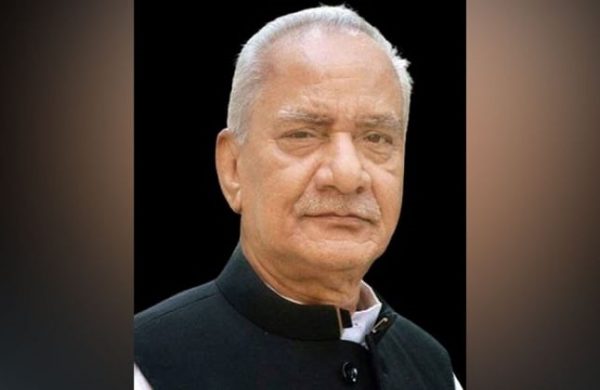INR survey: Bangladesh faces media credibility crisis amid digital literacy gaps
- Update Time : Tuesday, September 10, 2024
- 20 Time View
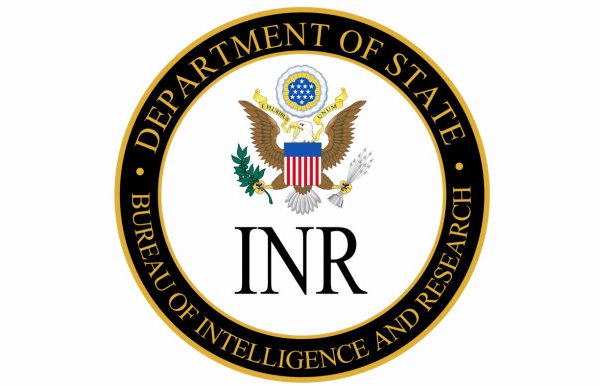
UNB, Dhaka
An INR survey conducted in May has highlighted a crisis of trust in Bangladesh’s media landscape. Following the ouster of former Prime Minister Sheikh Hasina’s government, public confidence in both social and mainstream media has plummeted, exacerbated by rampant disinformation and a complex media environment.
The Bureau of Intelligence and Research (INR) delivers and coordinates timely, objective intelligence that advances US diplomacy. INR is a bureau of the US Department of State.
Widespread Disinformation on Social Media
The survey reveals that 64% of Bangladeshis are acutely aware of the proliferation of fake news on social media platforms and messaging apps. The political turbulence following Hasina’s departure on August 5 has provided fertile ground for misinformation.
Some disinformation campaigns, reportedly fueled by sources from neighboring India, risk inflaming religious tensions within Bangladesh, it says. Despite the prevalent domestic disinformation, 46% of respondents suspect foreign influence in spreading fake news, with India frequently cited.
WhatsApp is regarded as somewhat more trustworthy compared to platforms like Facebook and YouTube, as messages often come from known contacts. Conversely, TikTok faces significant skepticism, with 25% of users doubting its reliability.
Mainstream Media Under Scrutiny
The distrust is not confined to social media; mainstream media is also under scrutiny. The survey indicates that 57% of Bangladeshis believe traditional outlets like television, radio, and newspapers disseminate fake news. Although 53% of respondents find their preferred TV channels reliable, 45% remain doubtful, reflecting a broad-based skepticism towards all news sources. This distrust is further fueled by perceptions of intentional misinformation by journalists, with over half of respondents believing that reporters sometimes spread false information.
STRUGGLES WITH FAKE NEWS VERIFICATION
The challenge of distinguishing between real and fake news is palpable. Many emerging internet users, including a 37-year-old Dhaka resident who expressed frustration with the difficulty of discerning credible information, have been misled by false reports, such as rumors about factory fires or spikes in commodity prices. This has led to unnecessary panic and financial strain for some consumers. In response, some individuals have scaled back their media consumption, particularly regarding political news, and developed personal strategies like cross-referencing reports or relying on trusted media logos for verification.
DIGITAL LITERACY AMIDST GROWING INTERNET USE
The rapid growth in internet usage, accelerated by the COVID-19 pandemic, has introduced many Bangladeshis to the online world. According to the survey, 53% of adults now use the internet, with half of them having adopted it in the past five years. However, many new users, particularly women, face challenges with digital literacy. Approximately 40% of internet users are unfamiliar with basic tasks such as using search engines, and few are aware of fact-checking websites, complicating their ability to verify the accuracy of the news.
The combination of growing disinformation, skepticism towards media, and digital literacy challenges presents a formidable obstacle to the interim government’s efforts to stabilize the country and restore public trust in the media.





